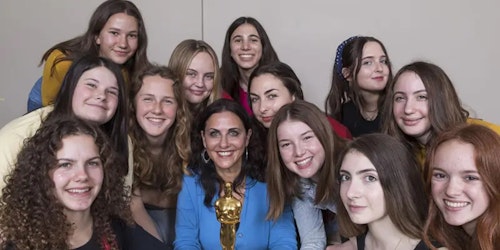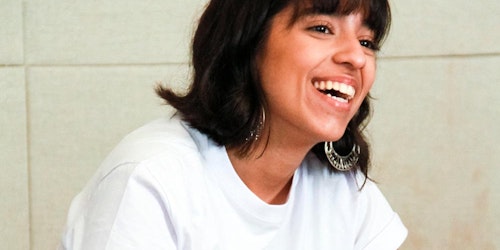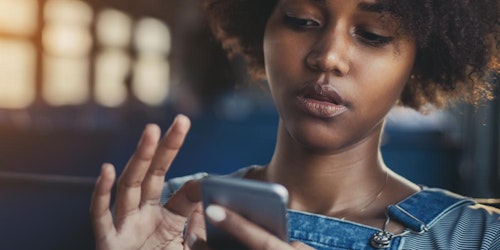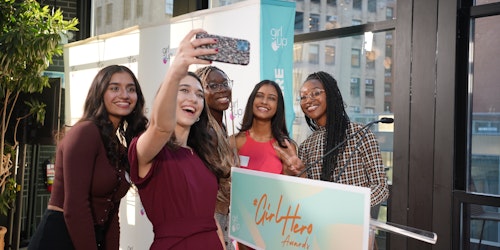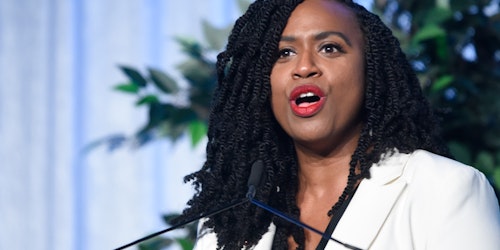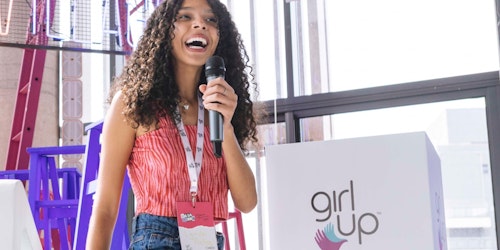Estimated reading time: 9 minutes
Trisha Sakhuja-Walia is on a mission. After struggling to find a sense of belonging growing up as a newly immigrated Indian-American in the suburbs of New York City, the CEO & co-founder of Brown Girl Magazine is building a community-driven media disruptor for South Asians in the diaspora so that every Brown Girl can confidently embrace their hyphenated identity.
“Brown Girl Magazine was created by and for South Asian womxn who believe in the power of storytelling as a vehicle for community building and empowerment,” shares the platform. With the goal to create deeper connections and cultivate meaningful dialogue in communities around the world to affect social change, Brown Girl Mag challenges harmful stigmas and stereotypes, such as gender inequality and casteism, by amplifying the voices of those who experience them.
As we wrap up Asian-American and Pacific Islander (AAPI) Heritage Month, we spoke to Trisha about the power of navigating dual identities, the ways we can pay homage to our heritage and create greater awareness about our cultures through storytelling, and the importance of building a community along the way.
How did you even begin this journey? What motivated you to embark on this exciting path of creating a “multimedia company dedicated to South Asian self-expression & dialogue”?
I think the work I’ve done at BrownGirlMag is something I’ve stumbled upon. It’s not something I thought I was meant to do, but now that I look back, I realize that there were pretty evident markers in my life that would allow me to be here today. I’m an immigrant to this country. I came here at five years old and felt super alone. I went through waves of subtle racism and bullying, felt really isolated, and didn’t have any clarity or confidence in being Indian-American. I was either “too Indian” or “too American” at points and never felt that I could truly embrace my hyphenated identity. But when I was 16 years old, I co-founded the Desi Club at our high school. Then at college, I became super involved with the South Asian Student Alliance, eventually becoming co-president there as well. I never did any of this with the thought or the hope that all of this prep work would turn into a business. I did it because I wanted to feel like I was a part of something. I didn’t want to feel alone. I think this constant search to be a part of something bigger than ourselves is something so innate—we can’t control it.
All of this geared me up to be doing the same thing at BrownGirlMag. We are constantly striving to build bridges with our identities, both in the diaspora and back home. The goal is to create an ecosystem that allows South Asians living in the diaspora to connect with us on three C’s: Content, community, and commerce.
Of course, South Asians are not a monolith. But, we need to feel connected with our community and our culture in more ways that go beyond the internet. That’s why we’re creating a space where you can truly experience what a “Brown Girl” means and stands for.
I think this constant search to be a part of something bigger than ourselves is something so innate—we can’t control it.
You mentioned the difficulties navigating your dual identities growing up, but how you’ve now reached a point where you’re “proud of your hyphenated identity” of being an Indian-American. As we’re wrapping up AAPI Heritage Month, how can young people who are maybe torn between two cultures and are struggling to feel that pride finally achieve that?
It’s okay to let it come naturally. Thankfully, you can now watch so much content, go to so many restaurants, and see more representation in entertainment and politics than we’ve ever seen before that your culture may already feel like a part of your life without it being a ‘thing.’ It’s become way more normalized. Hopefully, that makes it a little bit easier for South Asian Gen Z’s to see themselves in these spaces and really accept their identity. But, that’s a question that I’m always asking my Gen Z friends: ‘Is it easier for you? Do you accept your identity in a different way than we did? Has it taken you less time than it took us?’
My generation has done its best to create a pathway and hopefully, the next generation can see that and can take value from it—and then do better than us, creating even more inroads for us as a community, recognizing that although we are very different, our culture still aligns us. But, I think it’s okay to just take your time with it. Accepting who you are comes with a lot of different life experiences. There’ll be plenty of time to honor your heritage at a later stage so do what you feel you have to do to survive the moment you’re in.
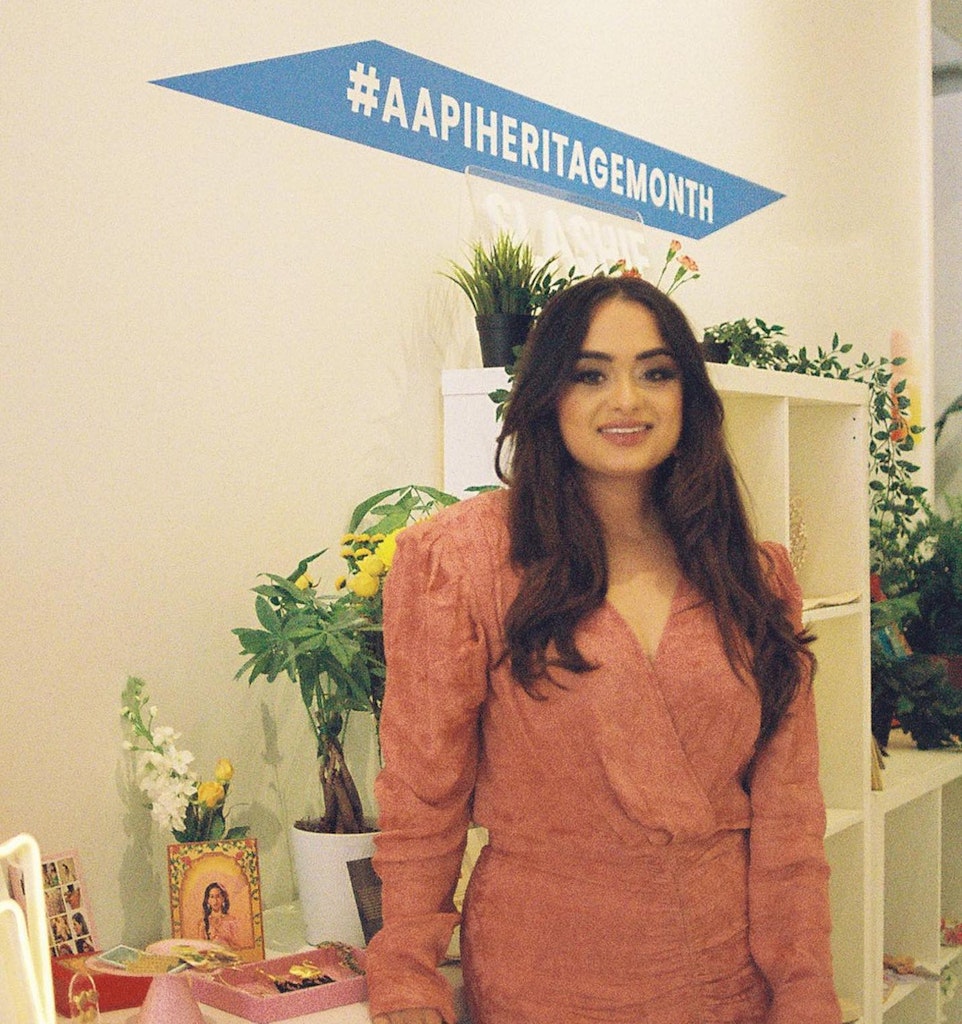
One of the other C’s you mentioned was content. In what ways do your heritage and culture influence Brown Girl Magazine and your content creation in general?
I think Brown Girl has become a universal voice, a reflection of the thousands of South Asian womxn that have written for us. We’ve realized for many folks, we have our motherland and we have the country that we immigrated to. So, we’re hoping that Brown Girl becomes a third space, a third home, for South Asians living in the diaspora that they can really connect with.
I love that you’ve cultivated not only such a strong following but also a really strong community with this magazine. Why was it important to you to create a community-driven platform and what role do you think community-building plays in creating social change?
Honestly, I didn’t know of any other way to build it. Before I went full-time, Brown Girl was already organically growing in the early 2010s: By word of mouth, by Facebook, by Twitter. The original founder was so crucial in bringing together her community of friends to start writing for Brown Girl and one post at a time, it grew from there.
From day one, it was truly a community-driven platform. We are totally user generated. Almost every piece of content that you’ve seen on the website is content that’s been pitched and delivered to us. We really pride ourselves in being a platform that allows you to truly speak your mind and be your authentic self without us playing a huge editorial role. I always say that you should consider Brown Girl to be like your personal blog.
We’re hoping that Brown Girl becomes a third space, a third home, for South Asians living in the diaspora that they can really connect with.
Do you think the media industry today is still in need of “disruptors” like BrownGirlMag?
Of course. One BrownGirlMag is not enough. Now, there are other South Asian media-driven platforms and many of them are creating really good, really high-quality content. But so many more disruptors are meant to come into this space. BrownGirl alone cannot oversee that burden of representation. Making sure that all the many amazing creators and creatives in the space are recognized by just one platform is impossible. I’m grateful so many want to be recognized by us and we’re going to continue to do our best—and do better. But one platform is not enough.
Why is it important that platforms like BrownGirlMag are intentionally created and written by the audience they’re aiming to amplify and engage? Was that always the goal when you created this space?
We’ve always been grassroots. We started during a time when blogging was just becoming a thing so we put a lot of time, energy, and resources into making it special and unique. The original founder started BrownGirlMag with so much authenticity because she knew that the only way to grow a platform like this is by being community-driven. It’s so intrinsic to who we are.
What is the power of storytelling in building intersectional social justice movements?
There are two parts to storytelling. You can write the best story, the best narrative, the best memoir, the best profile piece on the face of this planet Earth. But if you aren’t distributing that story in the right ways, then you’ve only just published the story. Storytelling is more than just getting it up on a website. You have to be able to share that story multiple times in multiple ways. It really is a true art.
One of the ways we tried our best to tell stories through a different lens was by publishing our anthology, “untold: defining moments of the uprooted,” which features 32 stories related to colorism, classism, mental health, and so much more. For the first time this year, we will also debut a print issue of BrownGirlMag. And the point of the print magazine is to do exactly what your question is: How do you tell stories and tell them really, really well? We have to continue to reinvent ourselves and to evolve.
How can youth leaders create or use their platforms to raise awareness about the issues they care about and introduce people to different cultures (or their own cultures) as you did with Brown Girl Mag?
I think that if you truly want to get involved, and you want to start an organization or a nonprofit, know that it can be a really long road. Only follow something that you’re truly passionate about—if you can see yourself doing it day in and day out and if you can see yourself making the sacrifices for it. Work on what truly makes you happy because the rest of it will just burn you out.
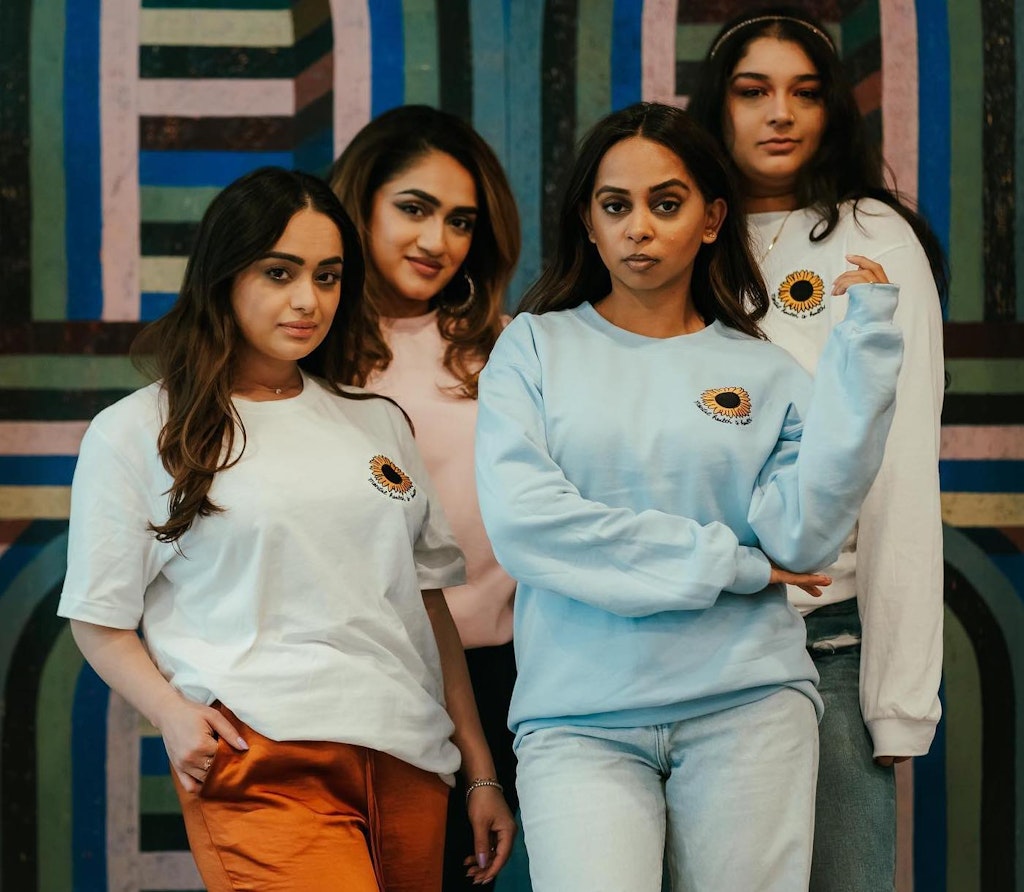
Have you found any ways to deal with that exhaustion from your passion? I know a lot of activists experience burnout because they’re so passionate about advocacy, so how have you been able to deal with this?
It’s hard. The new thing that I’m trying is if I’m really fed up, I don’t push it. I give myself a little bit of grace and let my brain put it away. As busy kids, we grew up with that saying, “If it’s not done today, it’s not going to be done tomorrow.” So we grew up with that mentality that we have to get things done today. But I think if you need another 24 hours, take that extra 24 hours, and do it tomorrow with a better mindset and a better headspace. You also have to find that healthy balance between delegating the work or just pausing on the work that you know is going to cause extreme exhaustion.
What’s your favorite gender-based stigma to challenge or stereotype to disprove?
Even though I run BrownGirlMag, I really want our world to be more gender-neutral. It’s tough to think along those lines even when you are working towards that world. You get met with a lot of typical stigma and taboos that you may believe we’re still in the archaic ages. It could be something as simple as my new mom friends who are constantly being asked who’s taking care of the baby. That’s something I’m now really grappling with myself. I am not a mom but I aspire to be a mom in the very near future and I want to be able to find a better balance between being a mom and running a business because a mom is multifaceted. I think that’s probably the biggest stigma that I’m trying to work towards eradicating in some way.
This interview has been edited for length and clarity.
Watch this space for more conversations with the world’s most influential female changemakers as part of our ongoing “In Conversation With” blog series!
